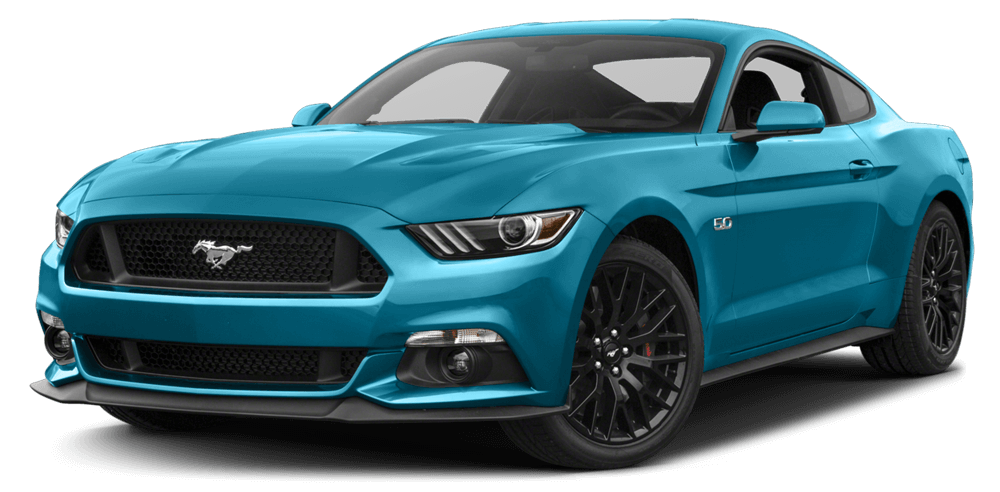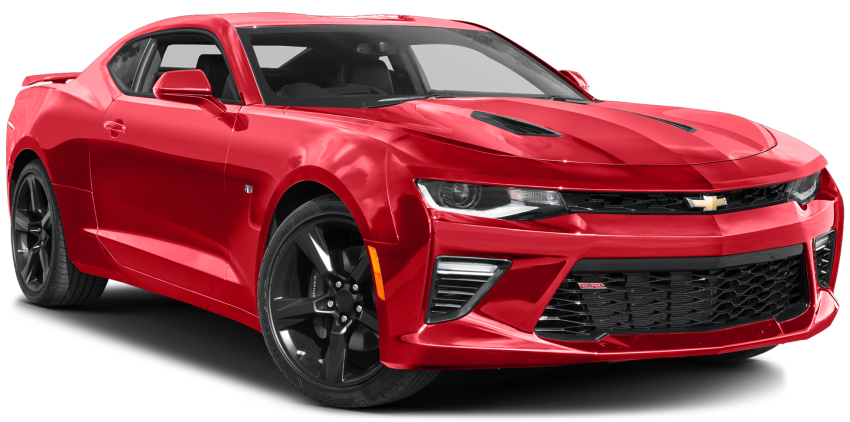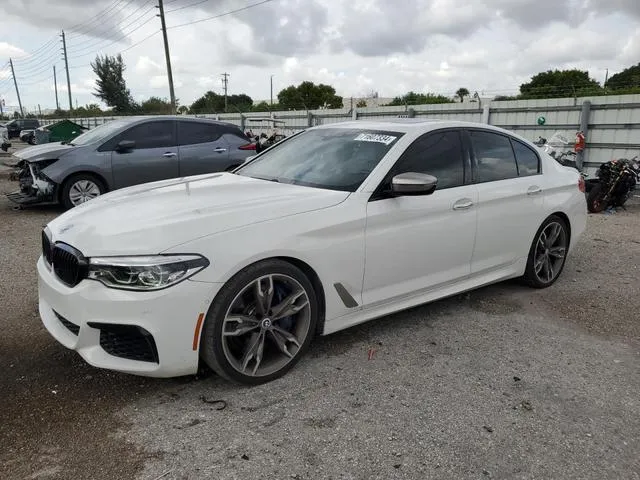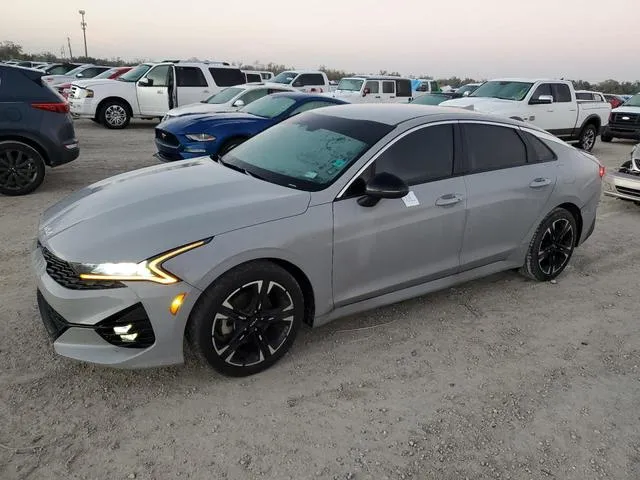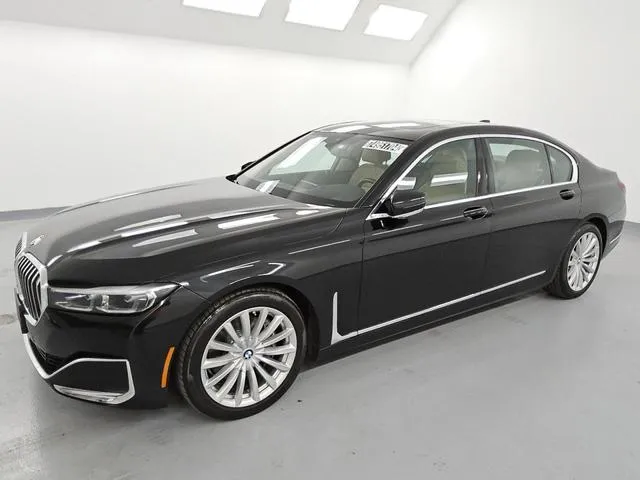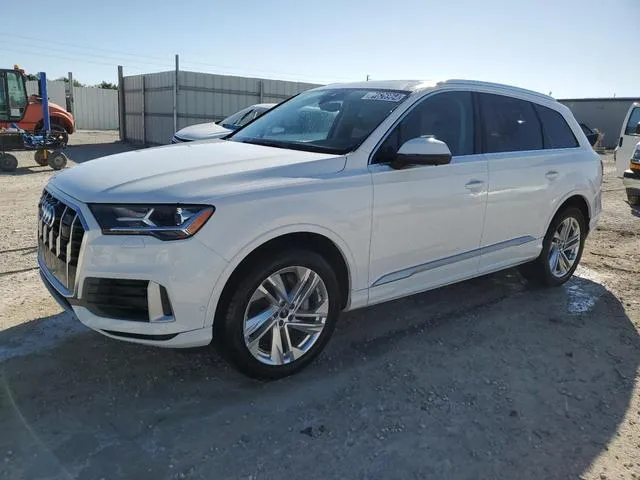The Rise of Hyundai: A Journey Through Innovation
Hyundai Motor Company has established itself as one of the leading automobile manufacturers in the world. Founded in 1967 in South Korea, Hyundai's growth trajectory has been marked by innovation, quality improvement, and a commitment to sustainability.
History of Hyundai
Hyundai began as a construction company before diversifying into the automotive industry. Its first model, the Hyundai Cortina, was produced in collaboration with Ford in 1968. The introduction of the Pony in 1975 marked Hyundai's entry into the domestic production of passenger cars, making it the first South Korean company to manufacture its own vehicle.
Throughout the 1980s and 1990s, Hyundai expanded its presence internationally, opening factories in various countries, including the United States and India. The company faced challenges in reputation during the 1990s but responded with significant investment in design and technology, leading to a major turnaround in the early 2000s.
Today, Hyundai is recognized for its innovative designs, extensive model lineup, and commitment to electric vehicles, positioning itself as a prominent player in the global automotive market.
Key Models of Hyundai
| Model | Production Years | Description |
|---|---|---|
| Hyundai Pony | 1975 - 1990 | Hyundai's first mass-produced car, the Pony showcased the brand's potential and set the stage for future developments. |
| Hyundai Excel | 1985 - 1994 | This compact car played a crucial role in establishing Hyundai's reputation in the U.S. market, known for its affordability and efficiency. |
| Hyundai Sonata | 1985 - Present | A midsize sedan that has evolved through multiple generations, known for its reliability, comfort, and modern features. |
| Hyundai Santa Fe | 2000 - Present | One of the first midsize SUVs from Hyundai, the Santa Fe has contributed significantly to the brand's growth in the SUV segment. |
| Hyundai Ioniq | 2016 - Present | A pioneering hybrid and electric vehicle line-up, the Ioniq represents Hyundai's commitment to sustainable mobility solutions. |
Diverse Vehicle Offerings
Hyundai Pony
The Pony was launched in 1975 and became a symbol of South Korean automotive manufacturing. It was designed by Giorgetto Giugiaro and offered features such as front-wheel drive and distinct styling. This model was pivotal in developing local automotive capabilities and exporting vehicles abroad.
Hyundai Excel
Introduced in the mid-1980s, the Excel rapidly gained popularity in the U.S. for its affordable price point and reliable performance. It was instrumental in helping Hyundai establish a foothold in a competitive American market, paving the way for future models.
Hyundai Sonata
The Sonata is one of Hyundai's flagship sedans, renowned for its comfort, fuel efficiency, and safety features. With each generation, the Sonata has incorporated advanced technology and design elements, making it a favorite among consumers seeking practicality without sacrificing style.
Hyundai Santa Fe
The Santa Fe marked Hyundai's entry into the SUV market in 2000 and has since evolved with consumer preferences. Featuring spacious interiors, modern tech, and strong performance, the Santa Fe caters to families and adventure seekers alike.
Hyundai Ioniq
The Ioniq has positioned Hyundai as a leader in eco-friendly transportation. Available in hybrid, plug-in hybrid, and electric options, it focuses on sustainability while offering a versatile hatchback design suited for everyday driving needs.
Conclusion
Hyundai's journey from a small South Korean company to an influential global automotive leader showcases its resilience and dedication to innovation. With a diverse range of models and a firm commitment to sustainability, Hyundai continues to shape the future of mobility.



